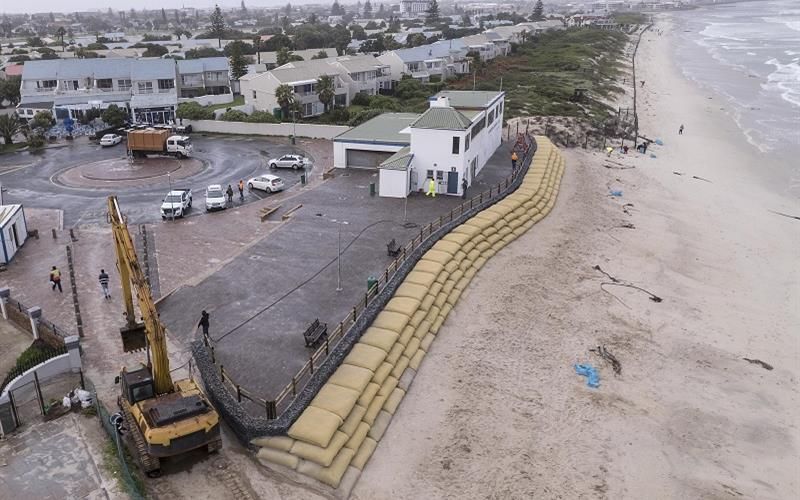As South Africa approaches Youth Day, it is an honor to recognize the young talents that have successfully completed the Food Safety Quality Assurers Programme. These graduates have demonstrated remarkable resilience in the face of adversity, and their achievements serve as a testament to the transformative power of education.
Investing in the Future of Tourism
The Youth Skills Programme Graduation ceremony is a reflection of the Department of Tourism’s investment in the country’s tourism sector. With over R73 million allocated for the 2023/24 financial year to train an estimated 1,696 learners in various skills development programs across all nine provinces, the department is committed to empowering young people with the knowledge and skills needed to contribute to the growth and development of the industry.
Skills Development for the Nation
The Food Safety Quality Assurers Programme is just one of five skills development programs implemented across the nation to provide young people with valuable, practical skills that enhance their employability and contribute to the growth of the tourism industry. The other programs include Food and Beverage Training, CHEF/Professional Cookery, Wine Service Training, and Hospitality Youth Training (Fast Food Services) Programmes.
Inclusivity and Equal Opportunities
The programs are designed to promote inclusivity and provide equal opportunities for participants from various geographical locations, including villages, towns, and small dorpies. Western Cape alone recruited 21 learners from Hermanus and 21 from Gansbaai for the Food Safety Quality Assurers Programme.
Implementation of Training Programs
The Expanded Public Works Programme (EPWP) plays a crucial role in the implementation of these training programs, ensuring that participants receive both theoretical learning and practical workplace exposure. The Tourism & Business Institute of South Africa (TTBISA) is responsible for managing and implementing the Food Safety Quality Assurers Training Programme in the Western Cape.
Success of Graduates
Upon completion of the programme in June 2023, many graduates have already found employment in tourism and hospitality establishments such as Bientangs Cave, Biga Bakery, Best of Asia, Tolbos Bistro, AGS Gansbaai, Buitesteen, and OK Foods. The work ethic and skills of these young individuals have been lauded by their employers, with many of them being offered permanent positions.
Continuing Education and Opportunities
While not all graduates have secured immediate employment, the credits earned through the Food Safety Quality Assurers Programme will undoubtedly aid them in their job search or further studies. These young graduates have the potential to achieve their dreams and contribute significantly to the growth and development of South Africa’s tourism industry.












